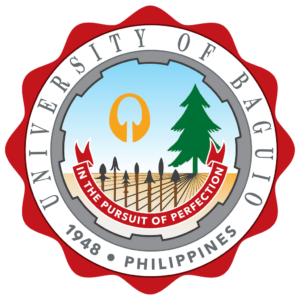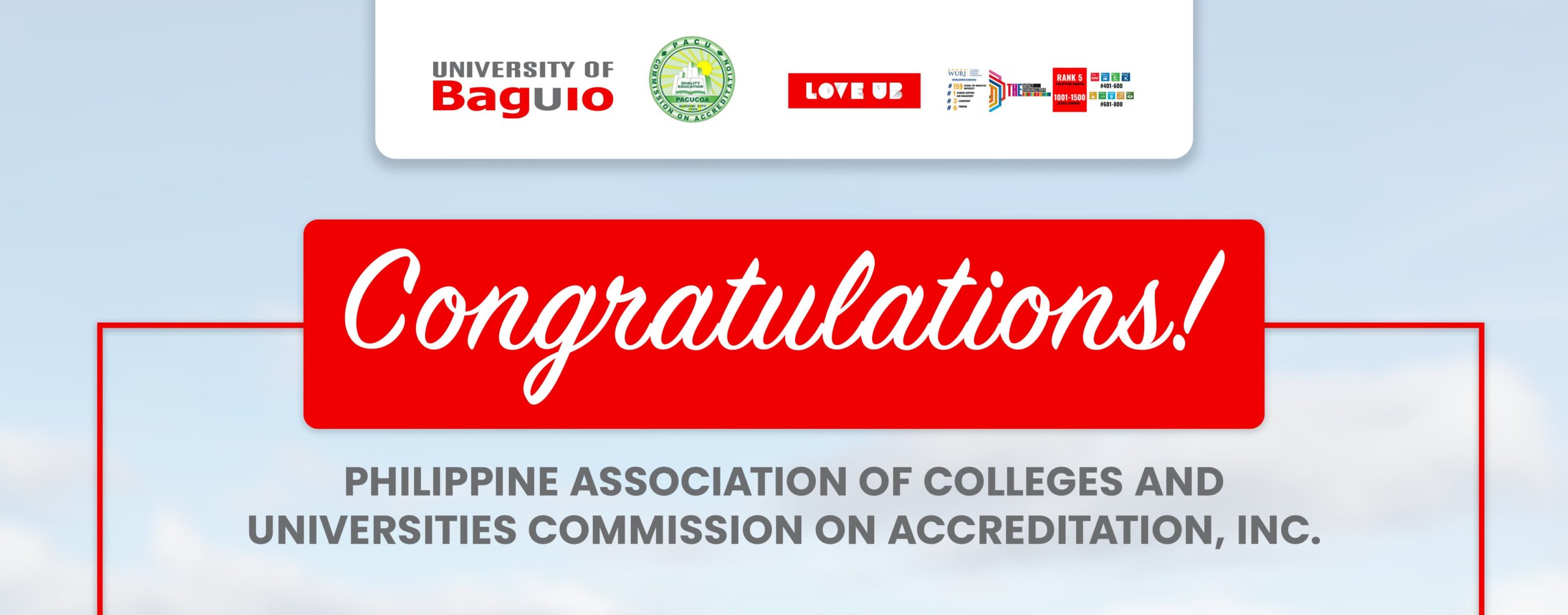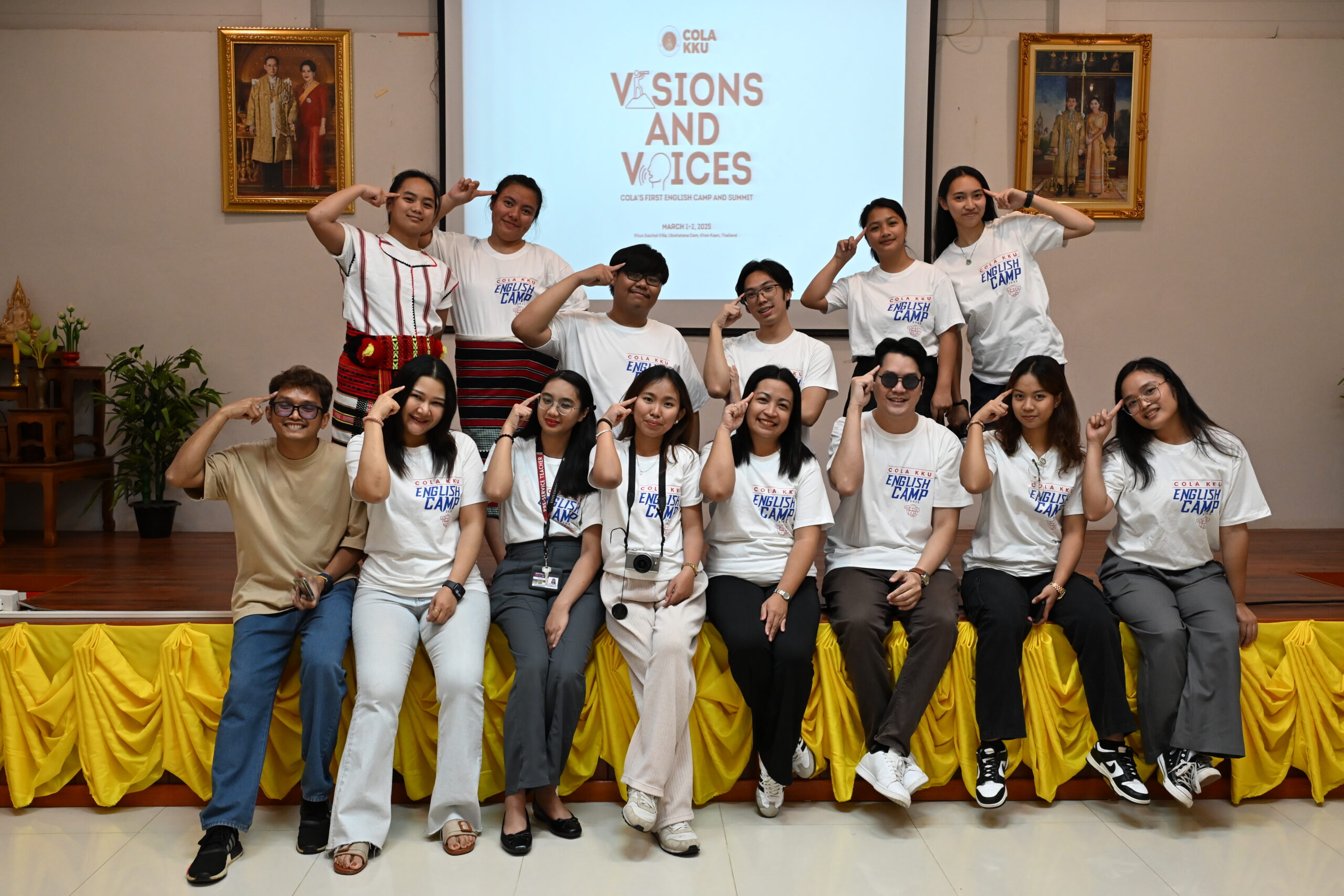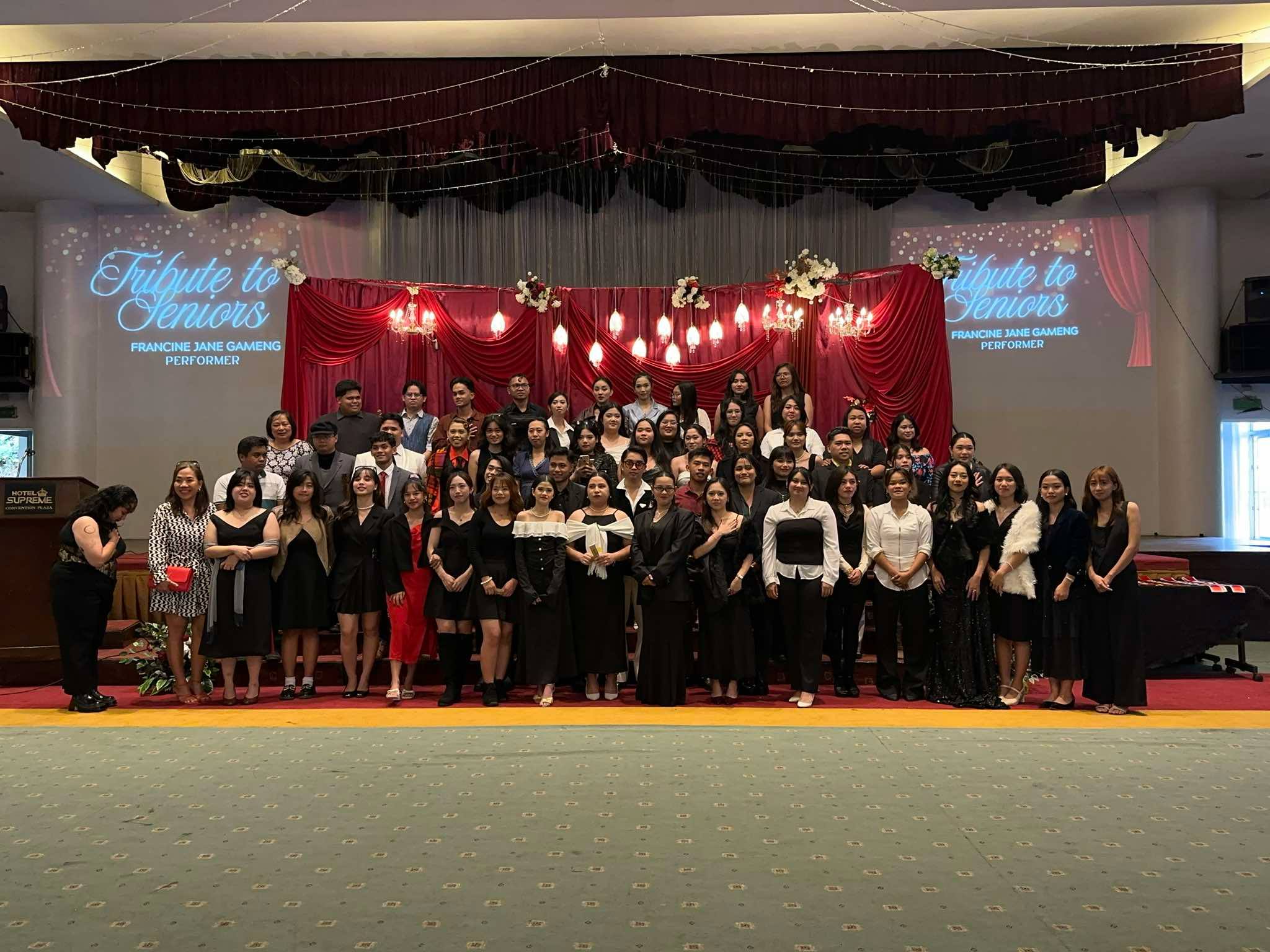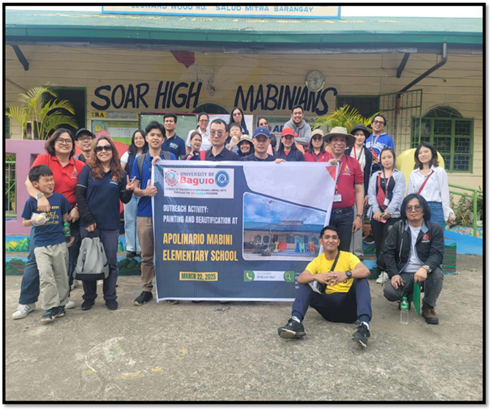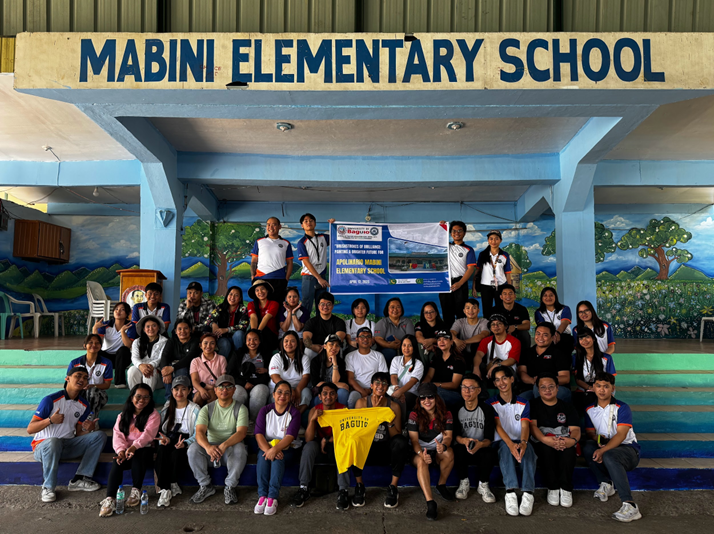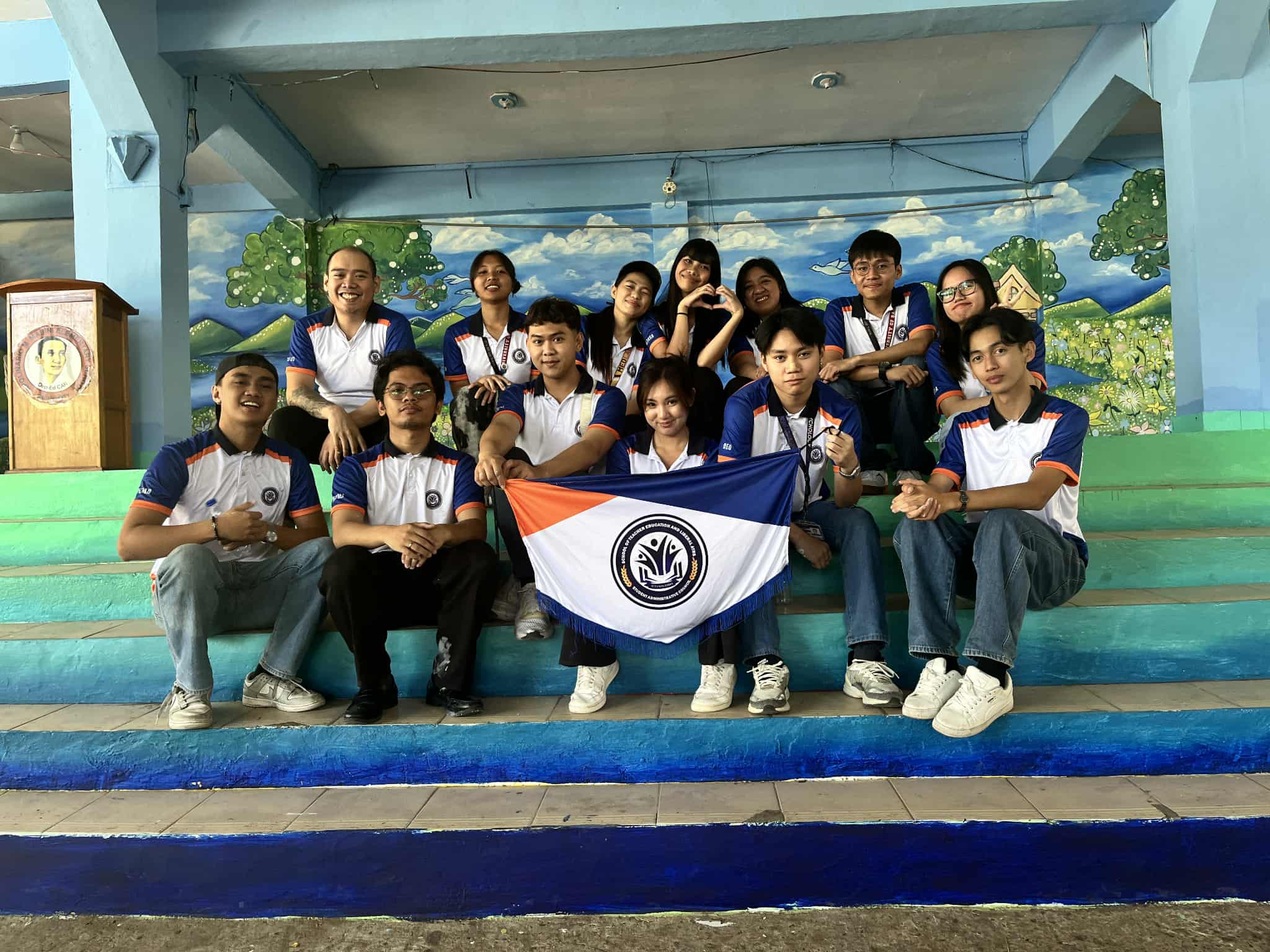Written by: Rendel Deen G. Ramos ( Faculty )
The University of Baguio continues to make strides in educational research and innovation, as represented by a distinguished team of faculty members during the recently concluded 11th International Conference on Education 2025. With the theme “Cultivating Global Citizen Skills Through Research and Education: Development of Critical Thinking, Creativity, Communication, and Collaboration,” the conference brought together educators, researchers, and thought leaders from across the globe to share insights and breakthroughs in the ever-evolving field of education.
One of the conference highlights was a collaborative research presentation by Dr. Vilma W. Deponio, in partnership with Ms. Marianne Basoyang, Dr. Donnavila Marie Panday, Dr. Violeta Apiles, and Dr. Julius Gat-eb—respected faculty members and researchers from the University of Baguio. Their study exemplified the institution’s commitment to inclusive education and community engagement, focusing on the impact and effectiveness of the Alternative Learning System (ALS) in the Cordillera region.
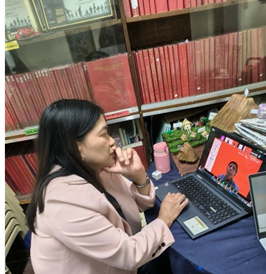
Dr. Deponio, a faculty member of the Bachelor of Secondary Education program, led the presentation of their research, which explored how ALS serves as a vital educational platform for out-of-school youth. The study involved learners aged 16 to 30 and uncovered both strengths and learning gaps in key academic and life skills.
Findings revealed that many ALS learners demonstrated solid proficiency in foundational subjects such as basic mathematics and science. However, challenges were observed in grasping more complex topics—particularly among learners in Sablan. In contrast, participants from Baguio City exhibited strong understanding in social science topics, while those from Sablan excelled in economic concepts. The research also found that while students showed competence in grammar, there was a clear need to enhance their reading comprehension and writing skills.
Beyond academics, the study highlighted crucial gaps in critical thinking and technical skills, particularly in computer literacy. Although learners generally exhibited a positive self-image, some struggled with moral reasoning and evaluation, pointing to the need for further support in values formation and ethical understanding.
To address these challenges, the researchers recommend implementing targeted academic interventions and promoting a balanced approach to work, study, and personal development. Dr. Deponio emphasized the importance of collective action in empowering ALS learners, advocating for sustained efforts to provide the tools and opportunities necessary for them to thrive and contribute meaningfully to their communities.
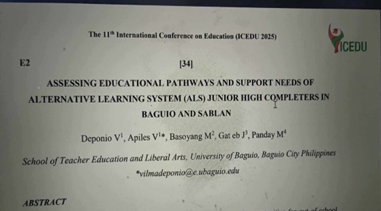
The presentation resonated strongly with the conference theme, reinforcing the importance of equipping learners not just with academic knowledge but also with global citizen skills—critical thinking, creativity, communication, and collaboration.
As the conference drew to a close, it became evident that educational research plays a transformative role in shaping inclusive and forward-thinking educational practices. The insights shared by Dr. Deponio and her co-researchers reaffirm the value of collaboration, innovation, and a shared commitment to educational equity.
The University of Baguio proudly commends Dr. Vilma Deponio, Ms. Marianne Basoyang, Dr. Donnavila Marie Panday, Dr. Violeta Apiles, and Dr. Julius Gat-eb for their exemplary contribution to global educational discourse. Their work not only elevates the university’s research profile but also inspires educators—particularly in the Teacher Education Program—to pursue impactful research that contributes to national and international educational development.

